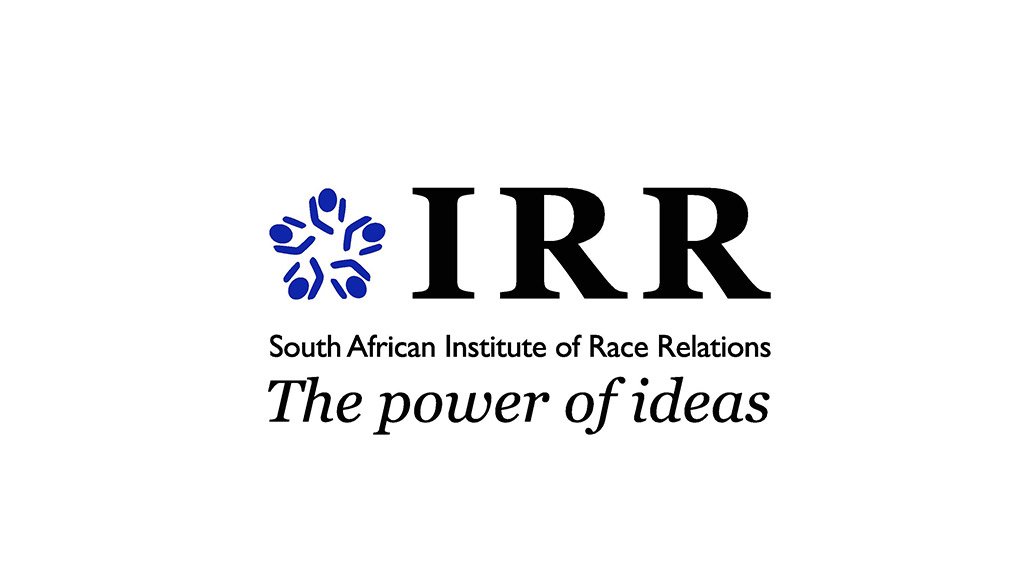In its endeavours to deploy Information and Communications Technology (ICT) services in previously disadvantaged areas, the African National Congress (ANC) government introduced the Under-Serviced Area License (USAL).
The USAL methodology was premised on the belief that the granting of telecommunications projects to aspirant industry players (usually black entrepreneurs) to service the peripheral communities would advance the cause of universal access to ICT. The South African government has adopted the USAL methodology bolstered by the huge success that was recorded by this concept in other developing economies, especially Chile and Peru.
In South Africa the USAL programme was initiated in 2004 when the then Minister of Communications issued a license tender for the supply of telecommunications infrastructure to underserviced areas. The Independent Communications Authority of South Africa (ICASA) issued 27 licences to aspirant black telecommunications operators. Consistent with legislation, government provided subsidies of R5-million to each license holder to promote the success of this programme.
Although the success of the USAL programme was phenomenal in Chile and Peru, it failed dismally in South Africa. As well as the millions of Rands that were lost and the opportunity cost, the marginalised areas remained underserviced.
There are several reasons why the USAL programme failed in South Africa. Firstly, instead of opening up the market to competition, the government resorted to the policy of managed liberalism.
The government went out of its way to protect the then incumbent and state-owned operator, Telkom, against competition. According to the provisions of the 1996 Telecommunications Act, no operator could provide telecommunications services without a licence.
This Act gave Telkom an exclusive operational licence to provide fixed-line services. This protection of Telkom prevented competition and consumers continue to pay heavily for this poor policy formulation.
Moreover, the then Minister of Communications and ICASA appeared to be protecting the vested interests of established operators such Telkom, Vodacom and MTN by refusing the Value Added Network providers (VANS, also known as Internet Service Providers) to build their own infrastructure. At a later stage the government interfered with the rollout of the undersea cables project by prescribing the ownership structure.
The Department of Communications articulated this in the draft policy published in May 2006 which stated that the ownership of all broadband undersea cables that land in South African waters should be majority-owned by South African companies. It was going to be almost impossible for the USAL operators to compete with the established companies while at the same time partly using their infrastructure.
Secondly, the USAL programme failed due to three evils that are widespread in South Africa – a sense of entitlement, entrenched greed, and consumerism. Whereas our counterparts in most African countries are preoccupied with production and self-sustenance, there are those in South Africa who expect the government to provide them with free services, and the private sector to freely redistribute their wealth.
Most of the subsidy funds that were allocated to USAL operators were spent in renting opulent offices with upmarket office furniture and facilities. Some of the funds were spent on entertainment and overseas trips. A classic case in wasteful expenditure was recorded in 2006 when government allocated R35-million to the seven USALs, and R32.6-million of this money was spent on operational expenses such as rent, computers, equipment and salaries, and only R2.4-million was spent for the primary objective of building communications infrastructure in rural locations.
The remainder of the funds has not been accounted for. It is important to state that out of 27 USAL operators, only two were successful.
Lastly, the USAL programme is unlikely to succeed as long as government believes that entrepreneurs can be microwired to become industrialists within a few years by throwing money at them. Entrepreneurs cannot be produced by babysitting and spoon-feeding the aspirant entrepreneurs.
Entrepreneurs like Herman Mashaba, Richard Maponya and Patrice Motsepe succeeded because they had the tenacity and endurance for the long haul. The programme launched by the government last year aimed at producing more than 100 black industrialists within three years will most likely suffer the same fate as the USAL programme, and most of the funds obtained from the R1-billion which will be dispersed to the successful bidders will be wasted.
If government wants to grow black industrialists, they should provide quality education and amend legislation that makes it excessively difficult and expensive to start and to sustain a new business in South Africa.
Written by Rabelani Dagada,a policy fellow in the South African Institute of Race Relations
EMAIL THIS ARTICLE SAVE THIS ARTICLE
To subscribe email subscriptions@creamermedia.co.za or click here
To advertise email advertising@creamermedia.co.za or click here











